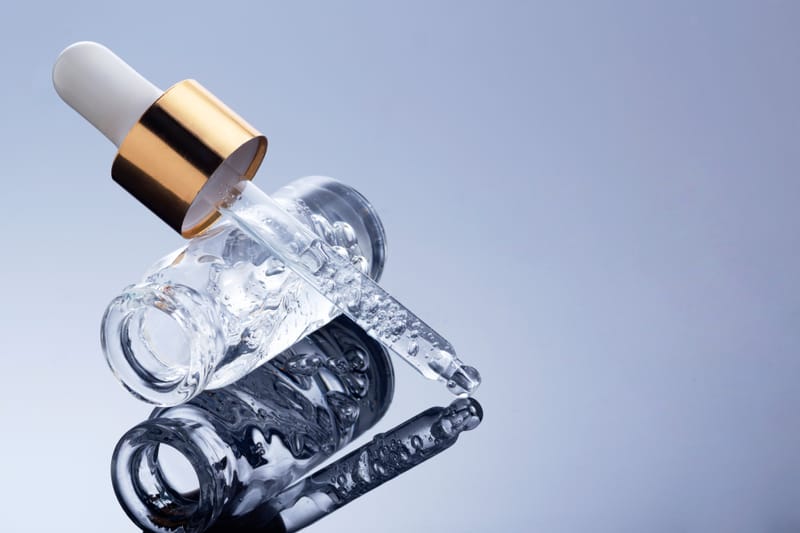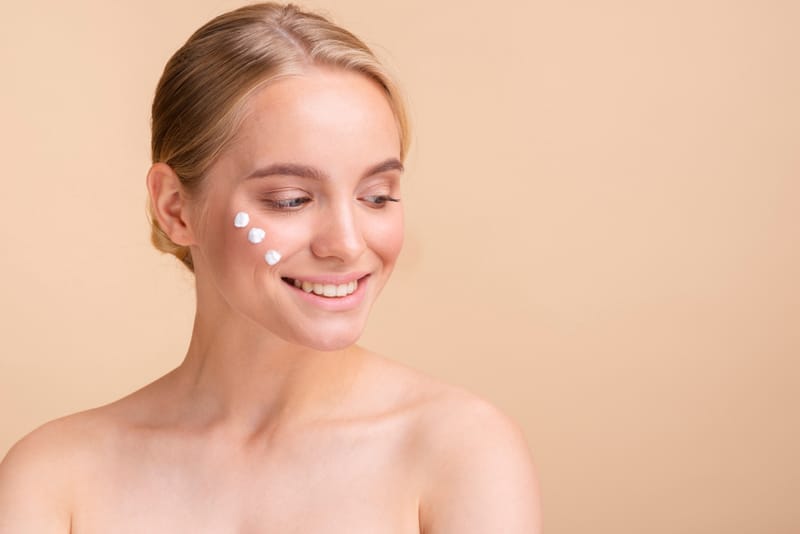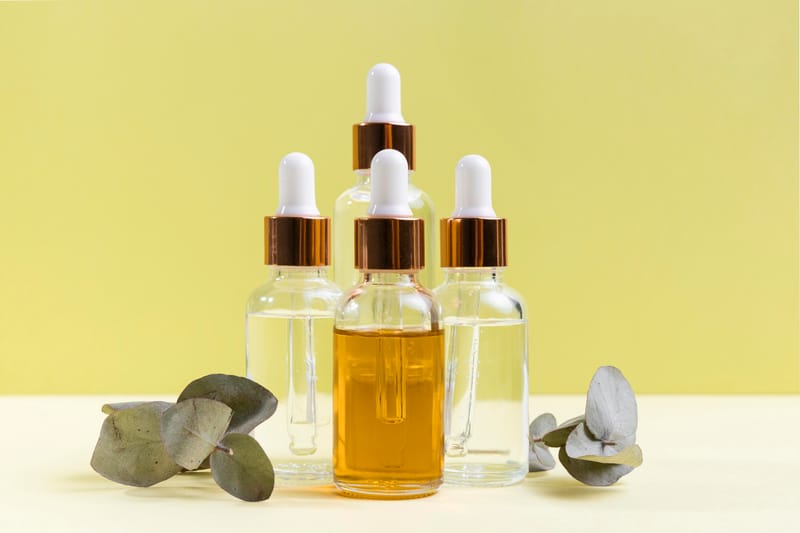Unveiling the Wonders of Azelaic Acid: A Comprehensive Guide
Its benefits range from combating acne to evening out skin tone, making it a coveted component in the skincare arsenals of many. In this comprehensive guide, we'll explore the myriad of uses for azelaic acid and why it's recommended by skincare professionals.
Key Takeaways:
-Azelaic acid is effective in treating acne, rosacea, and hyperpigmentation.
-It has anti-inflammatory, antibacterial, and keratolytic properties that contribute to its effectiveness.
-Azelaic acid products are suitable for most skin types and has a lower risk of side effects compared to other acids.
The Acne-Fighting Powerhouse
Azelaic acid has become a go-to recommendation for those struggling with acne. Its antibacterial properties target acne-causing bacteria, while its keratolytic action helps to unclog pores and prevent future breakouts. Unlike other harsher acne treatments, azelaic acid is less likely to cause irritation, making it suitable for sensitive skin types.
Clinical studies have shown that azelaic acid can reduce the production of keratin, a protein that can lead to the development of acne when overproduced. By keeping keratin levels in check, azelaic acid helps maintain clear normal skin and reduces the occurrence of pimples and blackheads.
A Soothing Solution for Rosacea
Rosacea sufferers often have a hard time finding products that don't aggravate their sensitive skin. Azelaic acid's anti-inflammatory properties make it an excellent option for managing rosacea symptoms. It helps to reduce redness and inflammation, providing relief to those with this chronic skin condition.
In addition to its calming effects, azelaic acid can also improve the overall appearance of rosacea-prone skin. By decreasing the swelling and redness associated with rosacea, it promotes a more even skin texture and tone, which is why dermatologists frequently recommend it as part of a comprehensive rosacea skincare regimen.
Addressing Hyperpigmentation and Melasma
Hyperpigmentation, including conditions like melasma, can be particularly stubborn to treat. Azelaic acid's ability to inhibit the enzyme tyrosinase, which is essential for melanin production, makes it a valuable ally in the fight against dark spots and uneven skin tone.
It's not just its melanin-inhibiting properties that make azelaic acid effective for hyperpigmentation; its gentle exfoliating effect helps to remove pigmented skin cells, revealing a brighter and more uniform complexion. This dual-action approach is why azelaic acid is often found in treatments targeting hyperpigmentation.
Compatibility with Other Skincare Ingredients
One of the most appealing aspects of azelaic acid is its compatibility with other skincare ingredients. It can be used alongside other active substances like retinoids and alpha hydroxy acids (AHAs) without causing excessive skin irritation. This versatility allows for azelaic acid to be incorporated into various skincare routines, enhancing its overall effectiveness.
When combining azelaic acid with other ingredients, it's important to introduce each product gradually and monitor the skin's response. This ensures that the skin benefits from each ingredient without becoming overwhelmed.
The Safety Profile of Azelaic Acid
Azelaic acid is known for its favorable safety profile without any adverse effects. It's generally well-tolerated by most skin types, including those with sensitive skin. Unlike some other acids, azelaic acid does not cause significant sun exposure sensitivity, although sunscreen is always recommended as part of a daily skincare routine.
While side effects are rare, some individuals may experience mild irritation, itching, or redness when they first start using azelaic acid. These symptoms typically subside as the skin adjusts to the treatment. It's always advisable to patch test any new product and consult with a dermatologist or healthcare professional if you have skin concerns about introducing azelaic acid into your skincare routine
Summary
Azelaic acid is a versatile and effective skincare ingredient recommended for treating acne, rosacea, and hyperpigmentation. Its anti-inflammatory, antibacterial, and keratolytic properties make it suitable for a wide range of skin types and conditions. With a strong safety profile and compatibility with other skincare ingredients, azelaic acid is a valuable addition to many skincare regimens. Whether you're looking to clear up acne, soothe rosacea, or even out your skin tone, azelaic acid may be the solution for healthy skin you've been searching for.
FAQ Section
Q: Can azelaic acid be used every day? A: Yes, azelaic acid can be used daily. However, it's important to start with a lower frequency and gradually increase as your skin becomes accustomed to the ingredient. Always follow the product instructions and consult with a dermatologist if you're unsure.
Q: Is azelaic acid safe for all skin types? A: Azelaic acid is generally safe for most skin types, including sensitive skin. However, individuals with extremely sensitive skin or certain skin conditions should consult with a dermatologist before use.
Q: Can azelaic acid be used during pregnancy? A: Azelaic acid is considered safe for use during pregnancy, but it's always best to consult with a healthcare provider before starting any new skincare treatment while pregnant or breastfeeding.
For more information about Azelaic Acid please click the link below!








